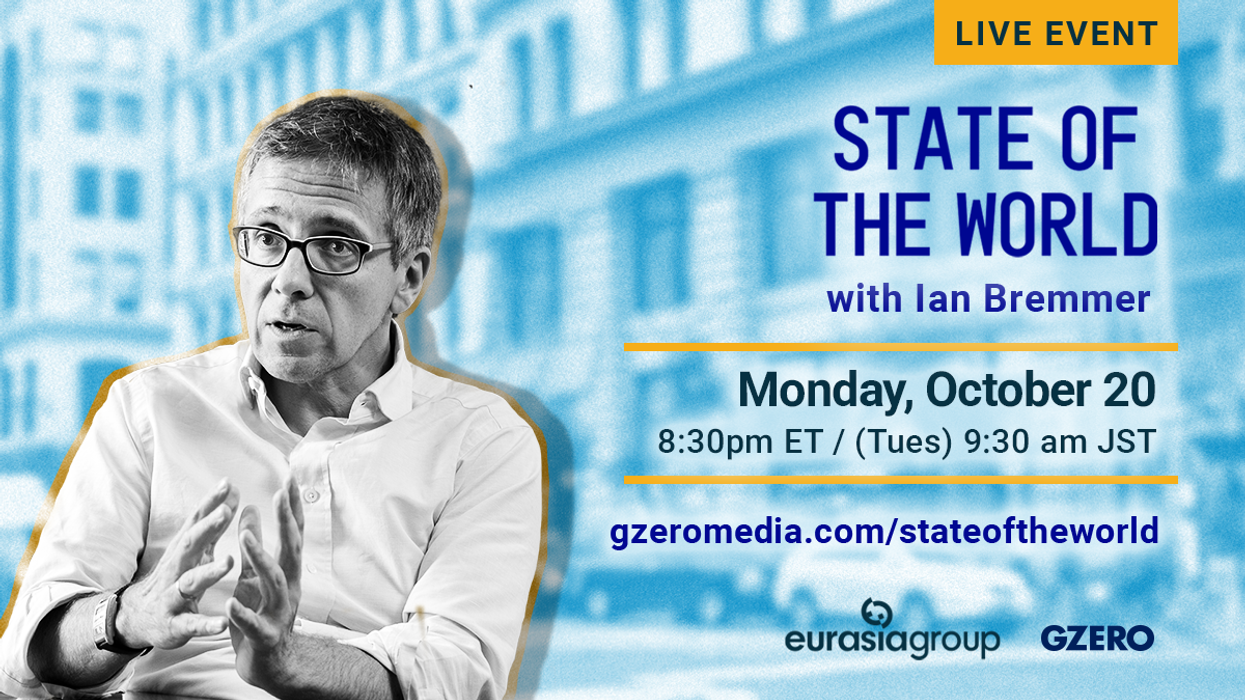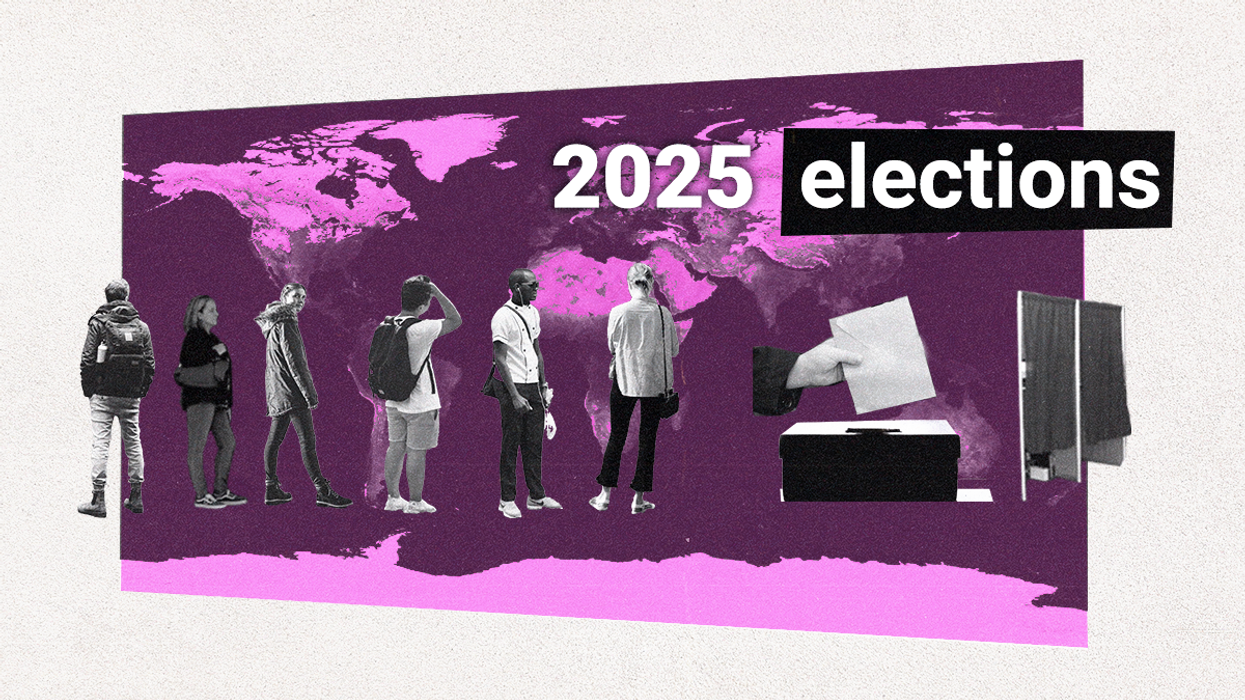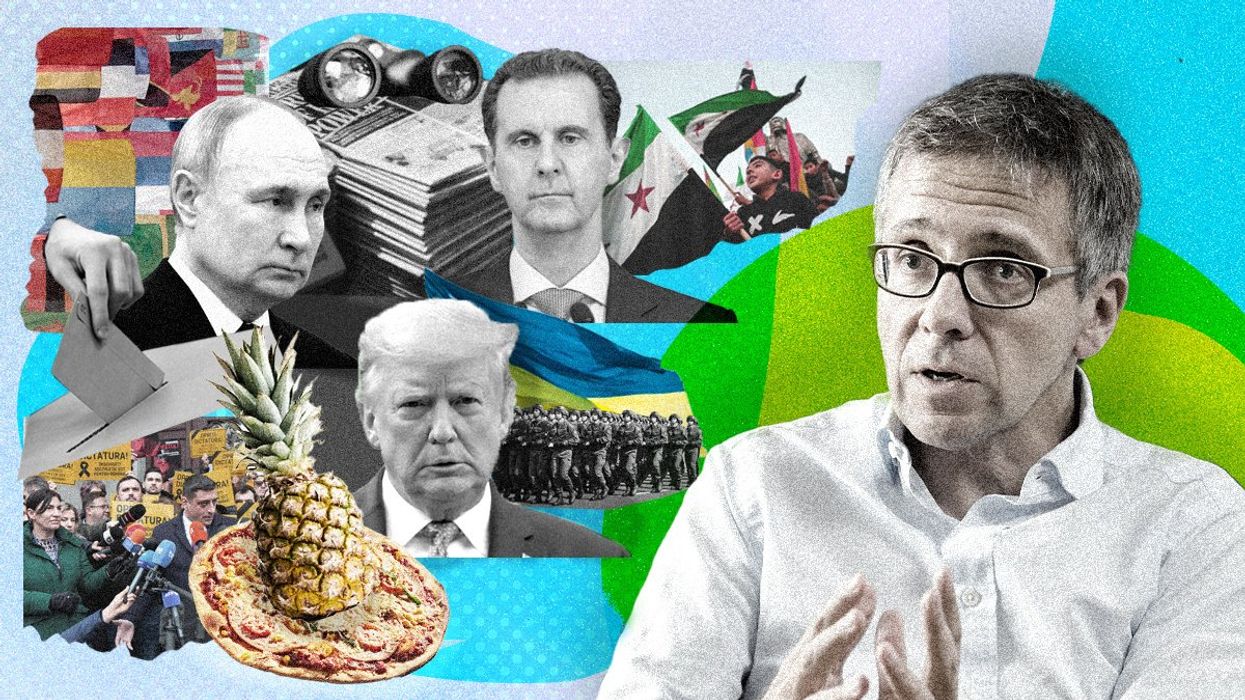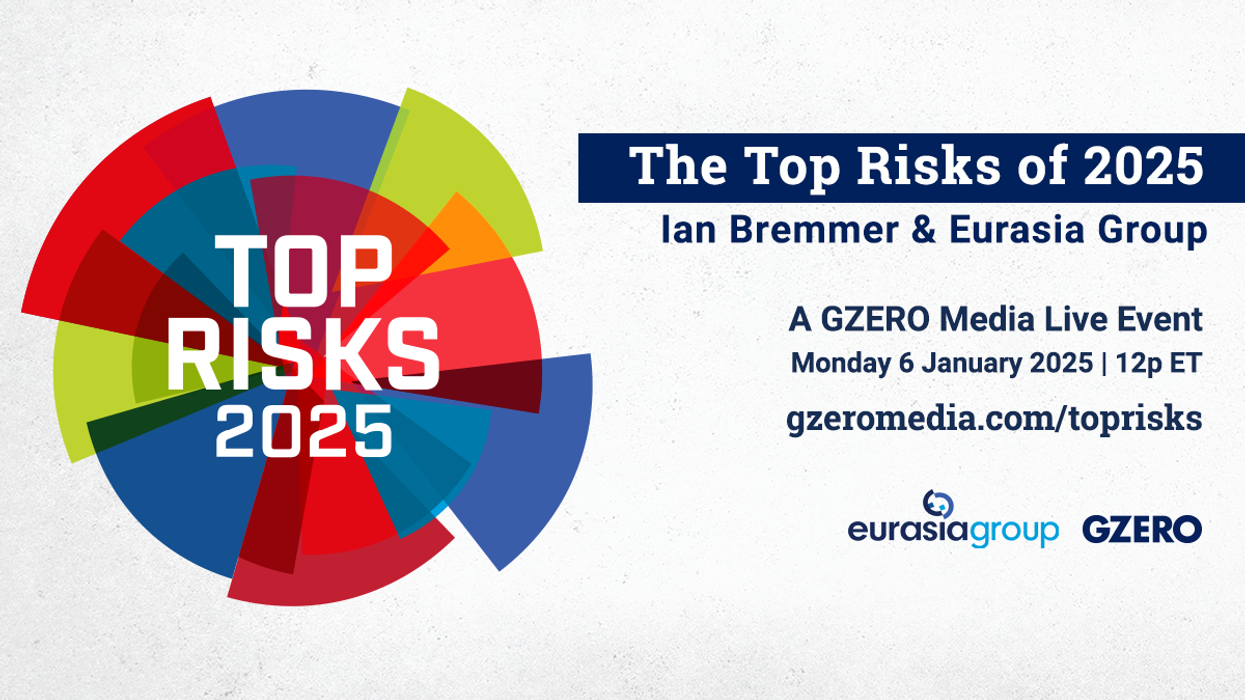News
Top 10 Quotes from GZERO World with Ian Bremmer in 2025
Big global stories. Real conversations with world leaders. Our award-winning global affairs show, GZERO World with Ian Bremmer, goes beyond the headlines on the stories that matter most. Here’s a look back at the 10 most quotable moments from this year’s episodes.
Dec 17, 2025







